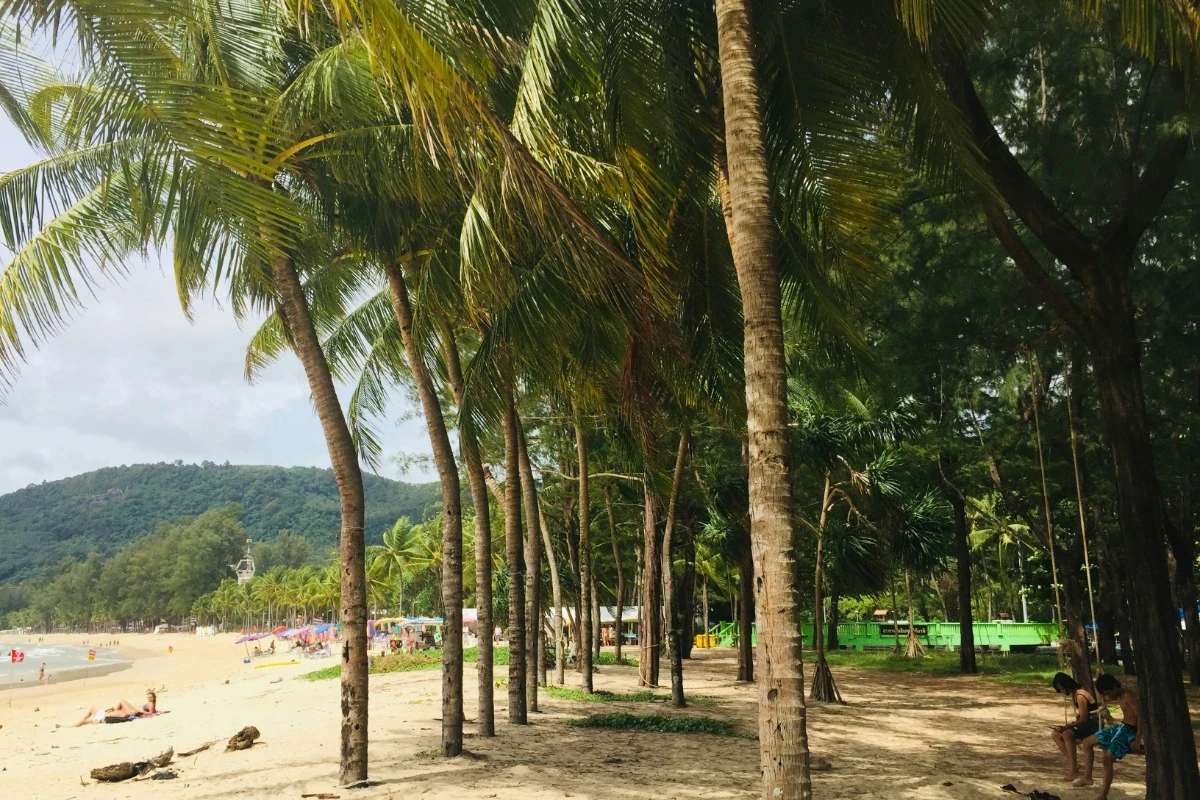Thailand building “fun economy” with casinos to speed Covid recovery

In 2019, foreign visitors represented about 60% of total tourism spend in Thailand, or 2.204tn baht.
Covid-19 made quick work of those revenues. And the Southeast Asian paradise has yet to fully recover.
Shortly after his election last year, Prime Minister Thavisin likened the post-pandemic economy to “a sick person”. He warned that the market is “recovering so slowly, there is the risk of economic recession. It is necessary to stimulate the economy and spending.”
Legal casinos – once unheard of in this largely Buddhist kingdom – are key to the prime minister’s recovery plan. Thavisin supports casinos as a way to not only boost tourism and investment, but to declaw the illegal gambling industry.
“If they can go to legal casinos, why will people continue breaking the law?” he asked at a 28 March press conference. “Gamblers can try their luck at casinos that are legal.”
In March, house members overwhelmingly followed his lead. In a 253-3 vote, they approved draft legislation that could bring up to eight casino resorts to the country.
That’s entertainment
In a proposal released on 5 August, lawmakers outlined efforts to build a “fun economy” that emphasises entertainment, sports and conventions. Specifically, they described full-scale resort venues with casinos.
Per the Complete Entertainment Business Act, the resorts would include non-gaming amenities such as hotels, retail outlets, restaurants and nightclubs. Other suggested attractions include sporting arenas, yacht clubs, amusement parks, and cultural exhibits.
Licences would be available to limited companies or public limited companies registered in Thailand. Each applicant would have to demonstrate paid-up capital of not less than 10bn baht.
Go-to tourist destinations like Phuket, Chiang Mai and Chonburi are strong contenders for the entertainment complexes. Two resorts could be developed in the Greater Bangkok area.
Analysts compare Thailand, Singapore
In a report on the prospective market, CLSA analysts called Singapore “a good proxy for Thailand”, with similar geography and overall appeal.
They said Thai casinos “are well-positioned to deliver similar property EBITDA margins” – about 40% versus 50% in Singapore. At maturity, they also suggested, a Thai gaming industry could reap up to 536.6bn baht per year.
Proposed gaming licences would be valid for 20 years, with the option to renew for an additional 10 years. Gross gaming revenue (GGR) would be taxed at 17%. Licensees would have to invest a minimum of 96bn baht to enter the market.
Economic windfall
Possible suitors include four of Macau’s Big Six concessionaires: Galaxy Entertainment Group, MGM Resorts, Las Vegas Sands and Wynn Resorts. Melco and SJM are expected to sit this one out, due to financial constraints.
According to a study presented to the Thai parliament, casinos could boost average tourist spend by 52%. That add-on could grow GDP by one percentage point. The new industry also could create 30,000 new jobs at each resort.
If approved, the first entertainment complexes could open as early as 2029. A public comment period on the legislation continues through 18 August.
